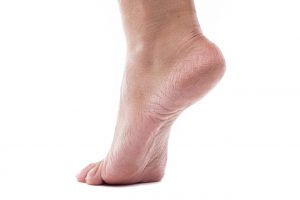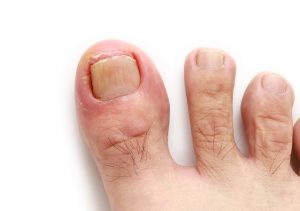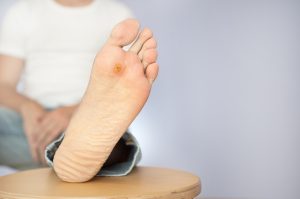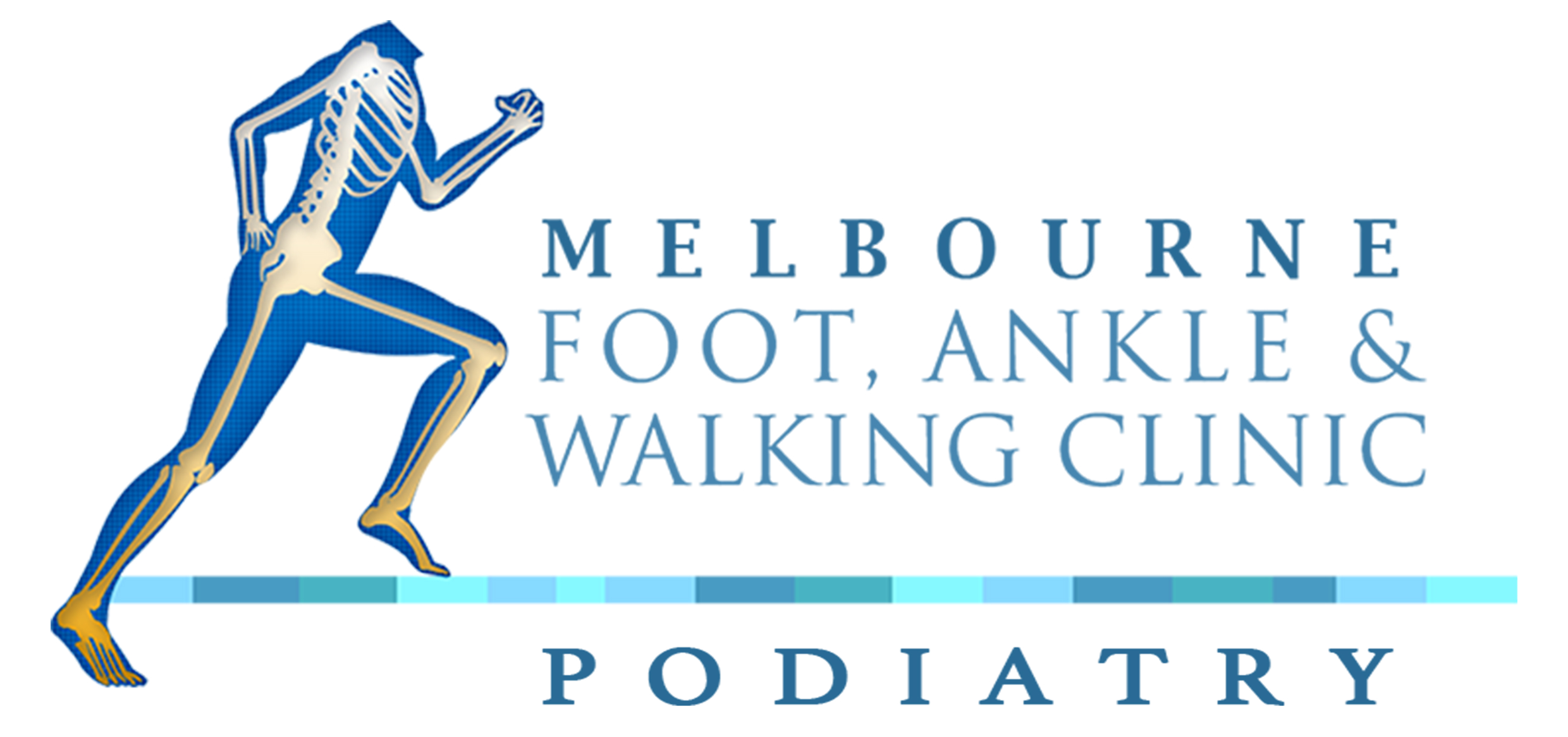General Podiatry
At Melbourne Foot, Ankle and Walking clinic general treatment of the feet is an important part of what we do – we believe that prevention is better than the cure.
Some conditions are:
These are often recurring conditions that can easily and painlessly be treated during a general treatment consult.
All instruments used by Podiatrist at the Melbourne Foot, Ankle and Walking Clinic are sterilised using our Autoclave. All packs are dated and recorded. Scalpel blades and needles are sterile and single use. General treatments when performed regularly provide maintenance of foot health, preventing pain and further complications. Our Podiatrist will provide you with a unique treatment plan that is suited to you and your condition.

Callus describes an area of thickened skin. As skin thickens, it becomes less flexible and this can be uncomfortable to walk on. Particularly in summer, callus can also fissure and crack particularly around the heels. This is painful and often too-far developed for a hand file or pumice stone to remove in the bath! Scalpel debridement is a fast and instant reduction in thick skin, and advice regarding footwear and topical emollient can be helpful in reducing callus formation.
Corns are due to mechanical friction (often from footwear) or pressure on the skin, such as over boney prominences under the ball of the foot or between toes. As the tissue experiences increased pressure, the body attempts to protect itself by laying down a layer of callus. If this callus builds up focally over a small area, then the compacted hard tissue will build inwards and can result in painful lesions. Patient describe a sharp pain “like a piece of glass”. Corns can sometimes build inward so deeply they can cause bruising and bleeding under the skin. If left unattended, this can result in an ulcer or wound. This is particularly dangerous in a Diabetic or immunosuppressed person who may then be vulnerable to infection and complication. Corns can often be easily and painlessly removed in one appointment. If they are frequently recurrent, then advice on footwear will be provided or pressure-reduction in the form of an orthotic may be recommended. Don’t suffer needlessly!
 Ingrown Toe Nails
Ingrown Toe Nails
Broadly speaking, there are two types of “ingrown nails”.
1. Involuted nails have rounded curved edges and irritate the sulcus (gutter) of the nail. As the nail grows in length, the curved edge tends to “pinch” tighter and can be painful as it clears the skin. Sometimes the curved edge can cut into the flesh and result in an infection.
2. Nail Spicule or onychocryptosis nails result from trauma or bathroom surgery. This occurs when a shard or spike of nail is protruding into the flesh at the side of the nail. These spikes require removal. This can be done often without anaesthetic however if there is infection or acute pain, Podiatrist are able to administer a local anaesthetic to numb the affected toe.
Ongoing or recurrent involuted nails or nail spicules may require a partial or total nail avulsion surgery, which permanently narrows the nail and prevents the ‘curved’ edge pain. This is a permeant procedure done under local anaesthetic and results in long term resolution.
Nails are vulnerable to trauma and infection – the floors around us are dirty places and in Australia, summer time temperatures leave us barefoot or throwing on our sandals! These environments do leave us vulnerable to all matter of skin and nail infection. Thickened and discoloured nails may be a result of trauma or dermatological disease, nutritional deficiency or medication. A Podiatrist is uniquely experienced in assessing nails and will be able to obtain an effective mycology laboratory sample to confirm any suspected fungal infection. Treatment advice may involve use of electric drills to thin the nail plate, in conjunction with topical antifungal tincture obtained from the pharmacy. Oral medication may be available from your GP, on recommendation from your Podiatrist. Alternatively, Melbourne Walking Clinic also offers PACT light therapy which can be successful in treatment – particularly of early stage infection. For persisting infection involving the nail bed, total nail removal as a last resort can be performed. Early detection will ensure most successful outcomes.
Verrucae warts are commonly found on the forefoot and heel, and are due to the Human Papilloma Virus. Generally, warts are  self-limiting – meaning they can resolve by themselves. The time frame for this differs between patients and can be from a few months to a few years! If the warts are spreading or becoming painful, then treatment is advised. Melbourne Walking clinic combines a combination of at-home pharmacy acid application with scalpel debridement and high strength chemical treatment. Treatments generally require 5 visits for significant improvement, however there is case-by-case variation. Verrucae warts are often misdiagnosed with corns – any painful lesion on the foot should be examined by a Podiatrist to ensure the correct treatment program is applied.
self-limiting – meaning they can resolve by themselves. The time frame for this differs between patients and can be from a few months to a few years! If the warts are spreading or becoming painful, then treatment is advised. Melbourne Walking clinic combines a combination of at-home pharmacy acid application with scalpel debridement and high strength chemical treatment. Treatments generally require 5 visits for significant improvement, however there is case-by-case variation. Verrucae warts are often misdiagnosed with corns – any painful lesion on the foot should be examined by a Podiatrist to ensure the correct treatment program is applied.
SPRINGVALE SOUTH
Springvale South
Shop 19, 792-806 Heatherton Road Springvale South, VIC 3172 (in the same clinic as Dorevitch)
NEWPORT
312 Melbourne Road, Newport 3015
450 meters from Newport train station, street car parking available
